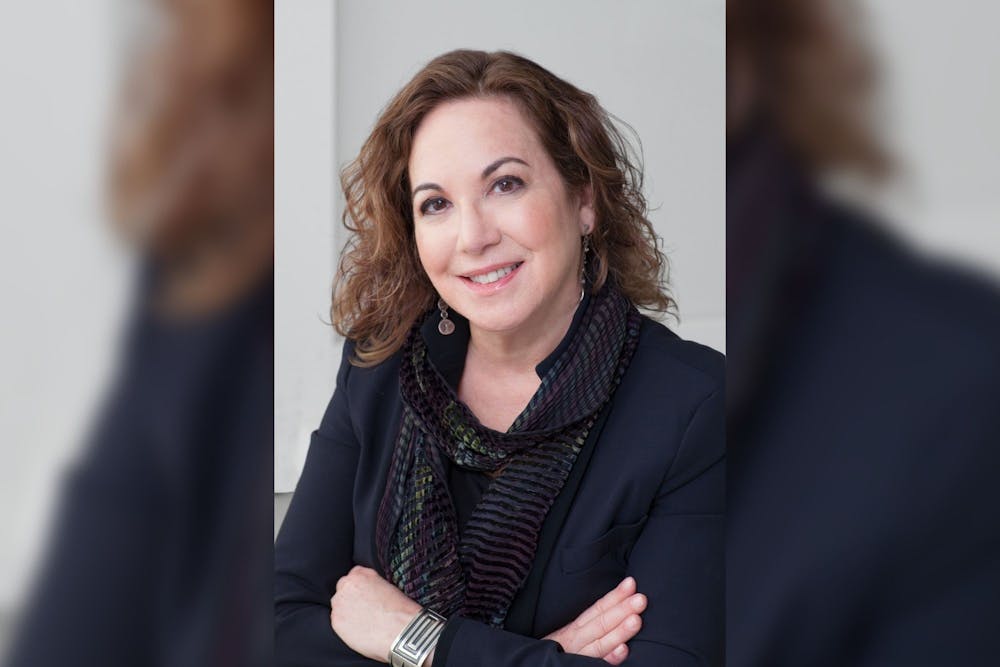
Catherine J. Ross discussed her upcoming book A Right to Lie? Presidents, Other Liars, and the First Amendment spoke at the “Free Speech Battles”.
George Washington University Law professor Catherine Ross discussed the tension between upholding the first amendment and preventing the spread of lies that threaten democracy at a virtual Penn event.
The Thursday talk, titled "A Right to Lie? Presidents, Other Liars, and the First Amendment," was part of the Andrea Mitchell Center for the Study of Democracy's "Free Speech Battles" faculty workshop series. The event featured Ross, who discussed her book by the same name.
Ross said that the “flurry of lies” spread by the Trump administration should shape how the public interprets the First Amendment. She argued that the government must hold presidents accountable for their lies, refuting the Trump legal team's argument that the President retains the same — if not enhanced — speech rights.
“This could not be more wrong from my point of view because the President's lies are so much more dangerous and significant because of what that can do to our society, both to our democracy and undermining confidence and things like elections, and to our lives and health as in his last about COVID-19,” Ross said.
To combat lies made by the president, Ross proposed that Congress holds the leader of the executive branch accountable using a wrinkle in the free speech doctrine that allows the government, as an employer, to discipline everybody who works for the government for inappropriate speech.
"If you're a government employee in the public sector, you don't have the same speech rights as everyone else,” Ross said. “You can be disciplined at work, demoted, or fired for what you say. If it has a connection to your job, whether it's true or not, whether it is warranted or not, because the government is your employer.”
She suggested that due to Congress’s oversight role, the legislative body should make an official statement about expectations of honesty and inform the president that lies could constitute high crimes and misdemeanors, which are grounds for impeachment.
While Ross said that her proposal may not be easily adapted in the highly polarized political environment, she hopes that it will begin a conversation.
“I believe we have some hard work to do to protect preserve and expand our democracy,” Ross said.
Most lies are protected under the First Amendment to preserve an environment for “robust debate," Ross said. In her book, she cited the example of the Supreme Court case United States vs. Alvarez in which Xavier Alvarez, a member of a water district board, lied about having received the Congressional Medal of Honor. The Court ruled that the government can not prohibit speech even if it is knowingly false.
“I was shocked when the decision came down and I started wondering, what is the line and what is the explanation for what kinds of deception, can be criminalized without violating speech rights, and those that you need, as the Court put something more,” Ross said.
The Daily Pennsylvanian is an independent, student-run newspaper. Please consider making a donation to support the coverage that shapes the University. Your generosity ensures a future of strong journalism at Penn.
Donate







